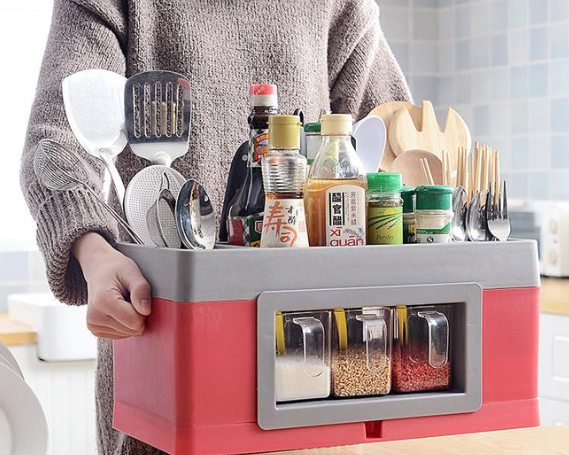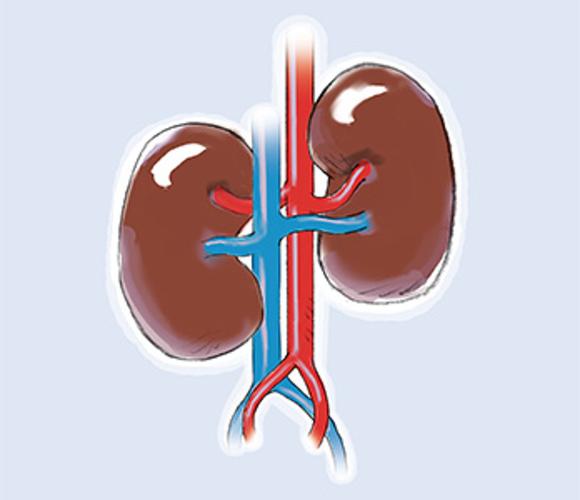Did someone say artificial lemon extract? Check below to find more ingredients you can save.
If you watch enough cooking shows for a long time, you’re bound to hear about the “discussion.” That’s when the chef pulls out the expensive truffle oil ($100 per ounce), imported parmesan cheese ($30 per pound), or artisanal olive oil ($50 per liter) and explains why having top-quality ingredients makes a huge difference in your cooking. You might scoff at the idea of spending so much on a recipe, but you might also wonder if certain items really enhance the final dish that much.
Does ingredient quality truly matter?
Even those of us who love to cook and do it frequently might hesitate to use those pricey ingredients in a weeknight dinner. But for a special occasion meal or a fancy dinner party, those splurges might be justified. If the occasion calls for it, the chefs we talked to say it’s worth spending more on certain ingredients.
“Better-quality cooking ingredients definitely make a noticeable difference in taste, texture, and appearance of dishes,” said Mark Johnson, executive chef of a renowned restaurant. “Not every high-quality ingredient is necessary, as some have a greater impact than others depending on the type of dish you’re making.”
It’s important to know that not every ingredient needs to cost a fortune – just the ones that will have the most prominent flavors. Johnson said he combines pricey ingredients with cheaper ones, choosing more expensive options that will make the biggest difference in a particular dish. “When I’m making a seafood dish, I prioritize using fresh, high-quality seafood, but then I’ll use regular onions, garlic, and tomatoes for the rest of the recipe,” he said.
Making a case for the cheaper options
You could spend a lot on a bottle of high-end balsamic vinegar or go for the cheaper alternative. While some say the cost is worth it for the authentic flavor, others are happy with a more budget-friendly choice.
Emma Thompson, a food blogger and home cook, takes a practical approach when it comes to balsamic vinegar. “I sometimes use the cheaper store-brand balsamic vinegar and it works just fine,” she said, citing taste tests where people couldn’t tell the difference between the expensive and cheaper versions.
“While I appreciate the quality of the expensive balsamic vinegars, I think the cheaper ones are a great option when you’re on a budget,” Thompson said. She’s supported by chef Tom Davis from a local diner. “I use the cheaper balsamic vinegar in a lot of my dishes, and it does the job just fine,” he said.
Balsamic vinegar: Find a middle ground – or make your own.
Many other cooks we spoke with said a good middle ground is a moderately priced balsamic vinegar with a decent quality. A bottle of mid-range balsamic vinegar can be found for under $15. “It can be a cost-effective alternative to the expensive ones,” said Sarah Wilson, a home cook and cookbook author.
Or you can save even more by making your own balsamic reduction. “Where I might save money in cooking is by making my own balsamic reduction,” said chef and food writer Michael Brown. “It’s easy to do and you can control the quality and flavor.”
Another way to save is to use less balsamic vinegar in some recipes. “I know some cooks who will use just a splash of balsamic vinegar in salads because they think too much can overpower the other flavors,” Thompson said. “So another way to cut costs is by using it sparingly where it will have the most impact.”
Conclusion: Making smart choices.
In conclusion, while high-quality ingredients can enhance your cooking, you don’t always need to spend a fortune. By understanding which ingredients make a big difference and finding middle ground or cheaper alternatives, you can still create delicious dishes without breaking the bank. It’s all about making informed choices and knowing when to splurge and when to save.
Read more>>




